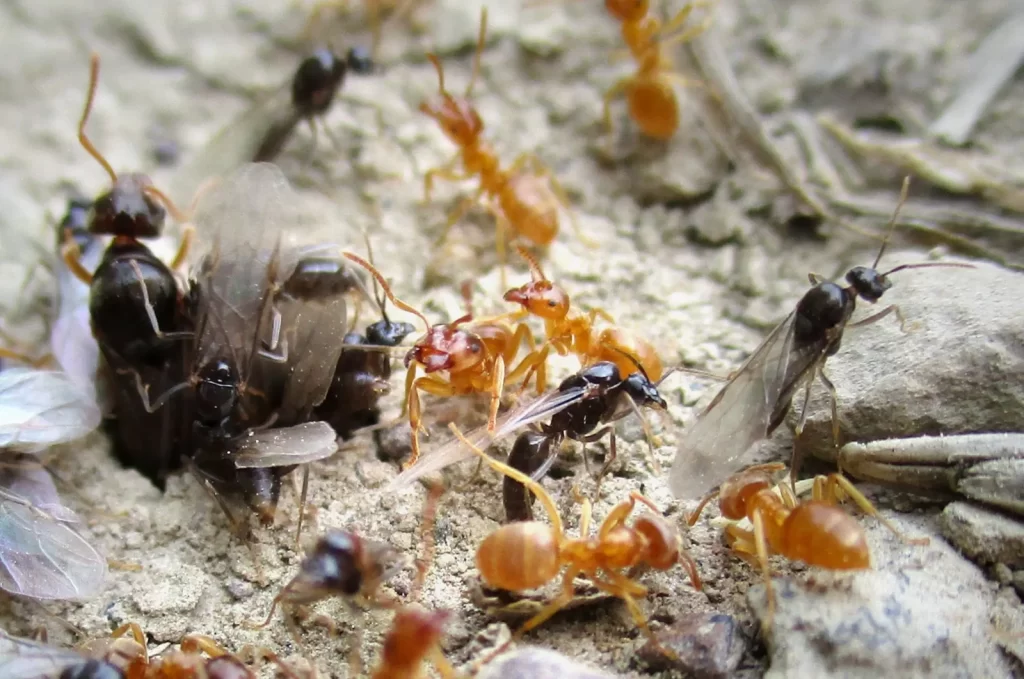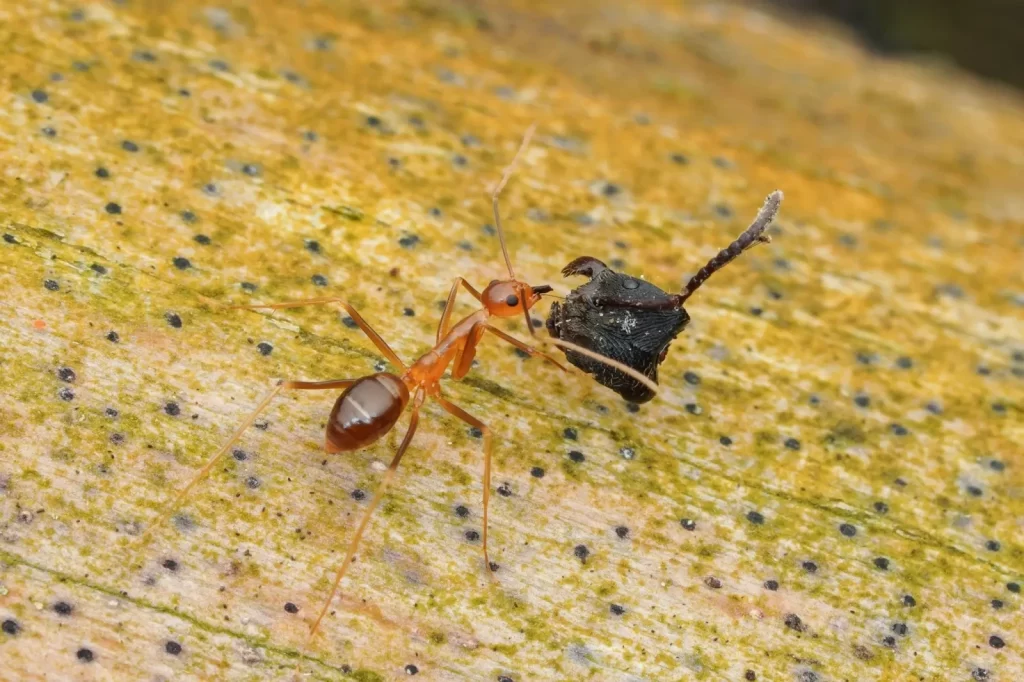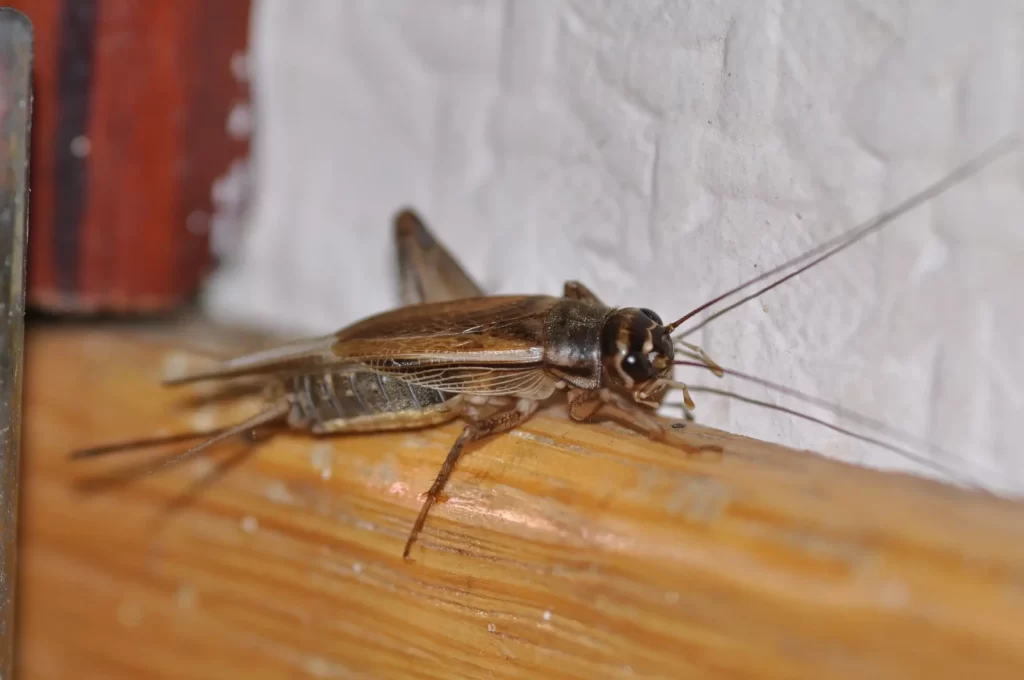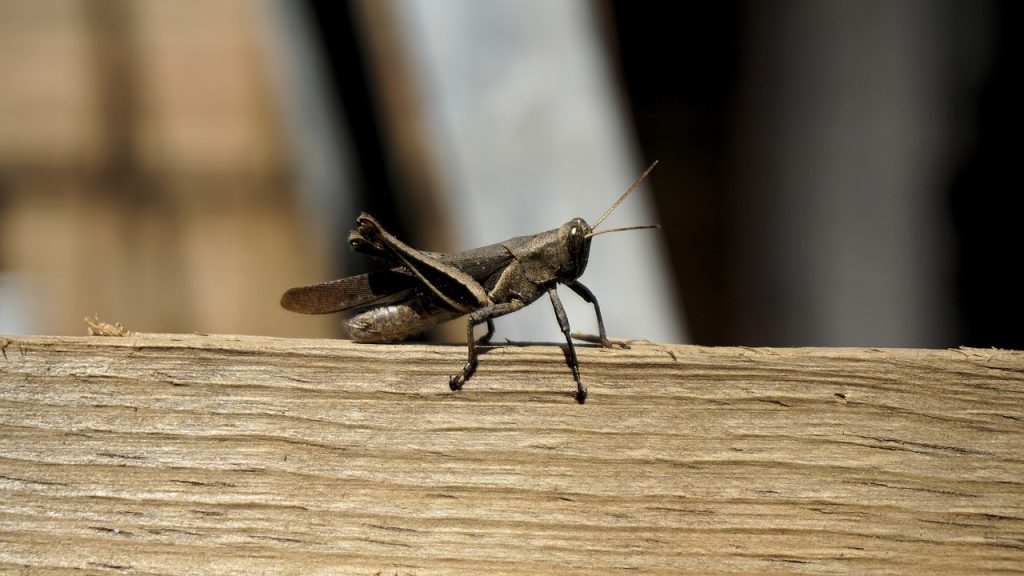When it comes to tiny, crawling insects that can cause significant damage to homes, ants and termites often come to mind. Despite their small size, these pests have distinct differences in behaviour, diet, habitat, and more.
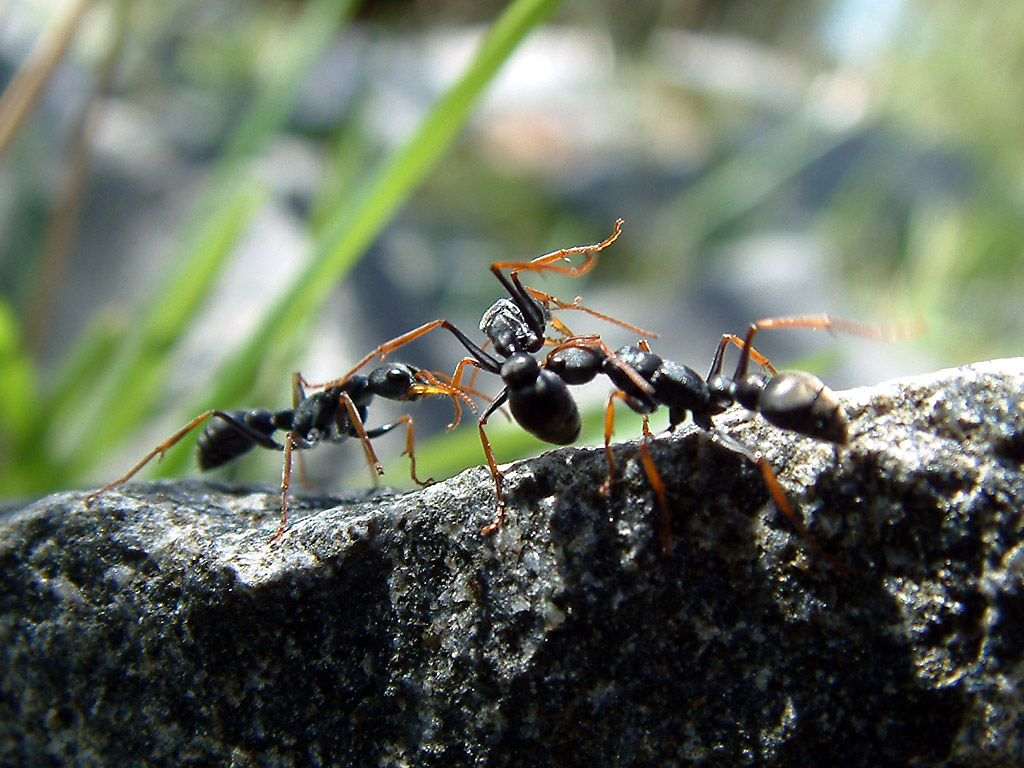
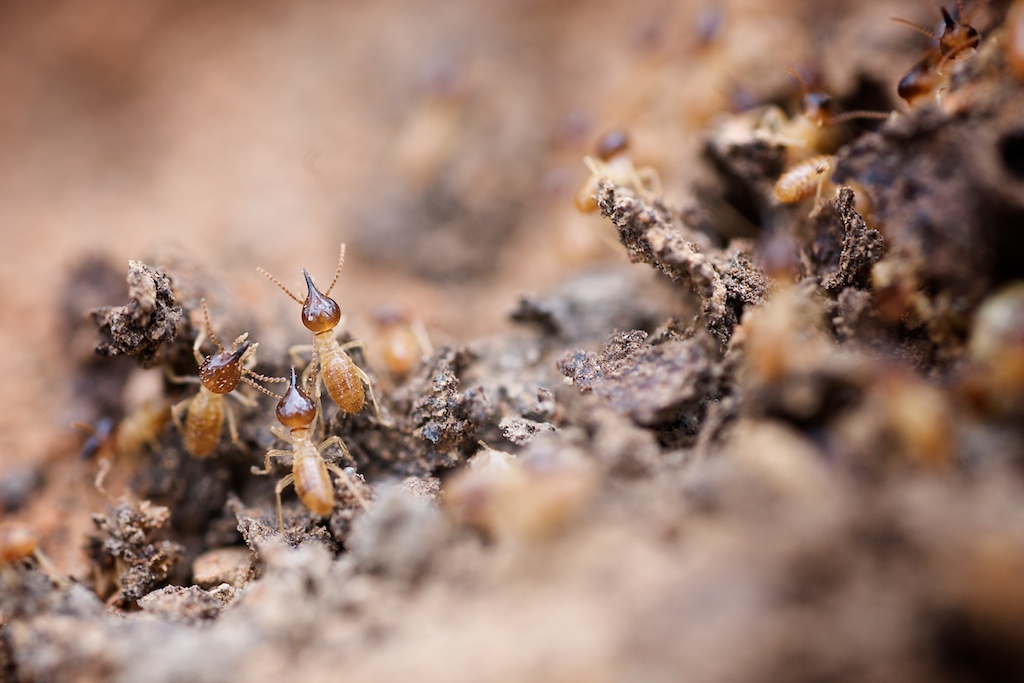
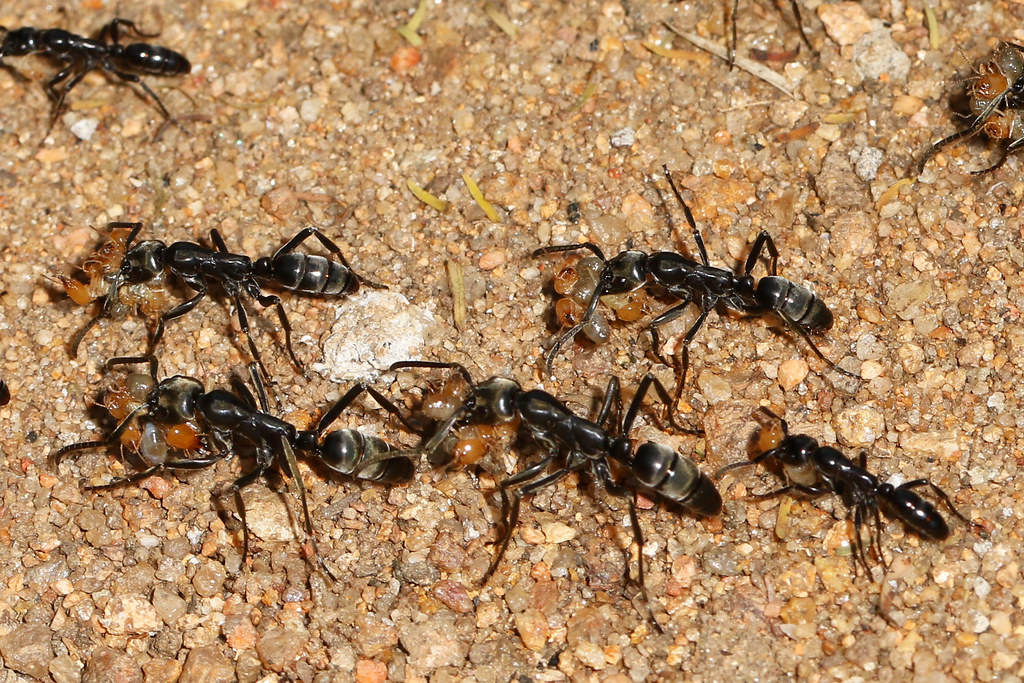 Termite attacks are often silent and out of sight. By the time signs of an infestation appear, significant damage may have already occurred. This is why early detection and professional pest control are crucial in preventing costly repairs.
Termite attacks are often silent and out of sight. By the time signs of an infestation appear, significant damage may have already occurred. This is why early detection and professional pest control are crucial in preventing costly repairs.
Comparison Table: Ants vs. Termites
| Feature | Ants | Termites |
| Behaviour | Organized colonies, visible foraging trails | Silent workers, hidden activity |
| Habitat | Nests in soil, wood, inside walls | Prefer warm, moist environments, often in wood |
| Diet | Omnivores: sweets, proteins, fats | Cellulose; wood, paper |
| Attack Patterns | Some species sting; food contamination | Silent wood consumption; structural damage |
| Common Signs | Visible trails, nests | Mud tubes, damaged wood |

Ant Behavior and Habitat
Ants are social insects that live in large colonies, sometimes containing millions of individuals. Ants are known for their persistent nature and can often be seen foraging for food in long trails. Their behaviour is driven by a strong sense of community, where each ant has a specific role, whether it’s gathering food, defending the colony, or caring for the young. In terms of habitat, ants can be found almost anywhere, from gardens and forests to inside homes. Ants build their homes in soil, wood, or even inside walls. Some species, like carpenter ants, prefer moist wood, which can lead to foundational damage in homes.Ant Diet and Attack Patterns
Ants are omnivores, their diet often includes sweets, proteins, and fats. In nature, they help in decomposing dead animals and plants, playing an significant role in the ecosystem. However, when they invade homes, they can be a nuisance by contaminating food sources. Ants do not generally pose a direct threat to humans, but some species, like fire ants, can sting and cause painful reactions. These stings can be particularly harmful to those who are allergic.
Termite Behavior and Habitat
Termites, like ants, are social insects that live in colonies. However, their behaviour is quite different. Termites are primarily known for their wood-eating habits, which can cause significant damage to buildings. Unlike ants, termites work silently, often going unnoticed until the damage is severe. Their colonies are usually hidden underground, in wood, or within the walls of a house. Termite habitats are generally in areas where wood is abundant. They prefer warm, moist environments and are commonly found in forests, but they can also thrive in the wood structures of homes. Subterranean termites, the most common type, build elaborate tunnel systems underground to reach their food sources.Termite Diet and Attack Patterns
Termites feed primarily on cellulose, a component found in wood, paper, and other plant-based materials. This diet makes them particularly dangerous to wooden structures, including homes. Unlike ants, termites can consume large amounts of wood, causing severe structural damage if left unchecked. Termite attacks are often silent and out of sight. By the time signs of an infestation appear, significant damage may have already occurred. This is why early detection and professional pest control are crucial in preventing costly repairs.
Termite attacks are often silent and out of sight. By the time signs of an infestation appear, significant damage may have already occurred. This is why early detection and professional pest control are crucial in preventing costly repairs.
Myths and Facts About Ants and Termites
| Myth | Fact |
| Termites and ants are closely related. | While both are social insects, termites are more closely related to cockroaches. |
| Ants eat wood like termites. | Only carpenter ants damage wood, and they do not eat it like termites. |
| All ant species are harmful to homes. | Most ants are harmless, but some species, like carpenter ants, can cause damage. |
| Termites can be easily seen like ants. | Termites are often hidden and cause damage silently. |
| Ants and termites can’t coexist. | Ants and termites often coexist in the same environment, but they can also be natural enemies. |
